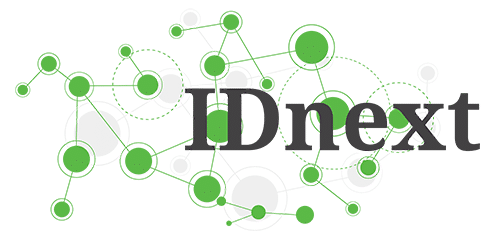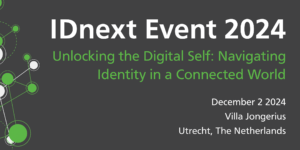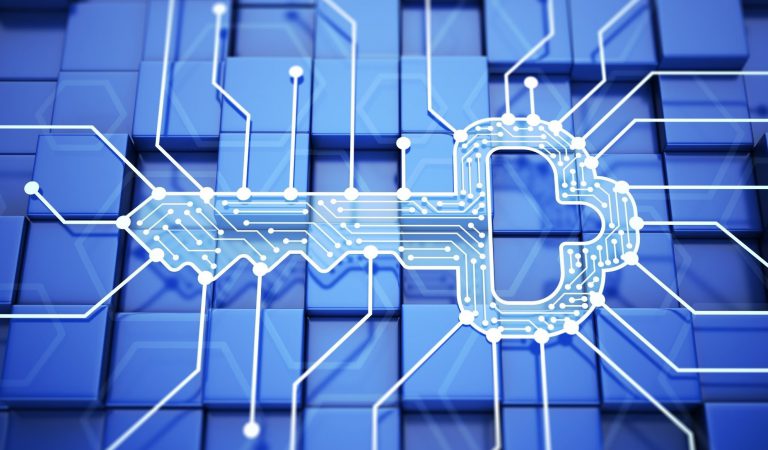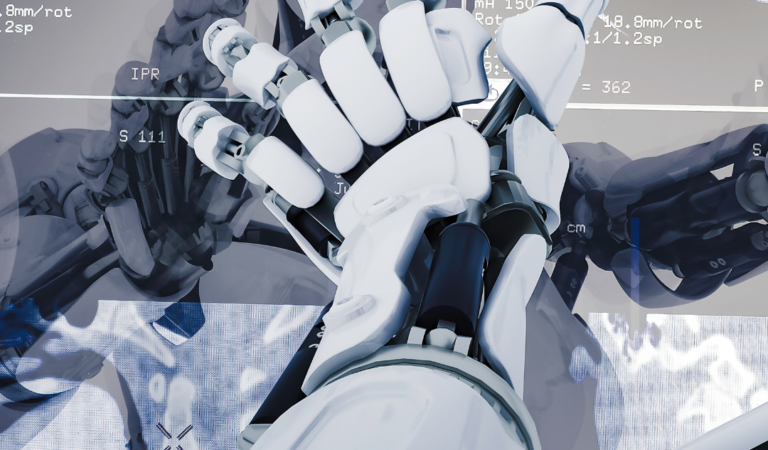“On the internet, most people don’t have a digital identity that they own. Instead, they deposit information about themselves with a website or app, which then can use that data in several ways, one way being the ability to monetise it.
If users are to move across multiple digital platforms and the metaverse as themselves – in terms of their digital identity, rather than as fragments of information held by other parties – then they will need a unique digital identity, owned or controlled by them.”
In a sense, one aspect of this already exists, in being able to log in/authenticate to one site using credentials from another, such as Facebook, Google or LinkedIn.
However, this portability of authentication does not create a digital identity owned, managed and controlled by the human being to whom that information and identity belong, and is still a facet of someone else’s data monetization programme.
If users become the owners of their digital identity, then there will have to be standards so that they can be recognized and authenticated in different places. It is not yet clear who will create these standards, or how such standards bodies might be funded.
You can read the full article here.







